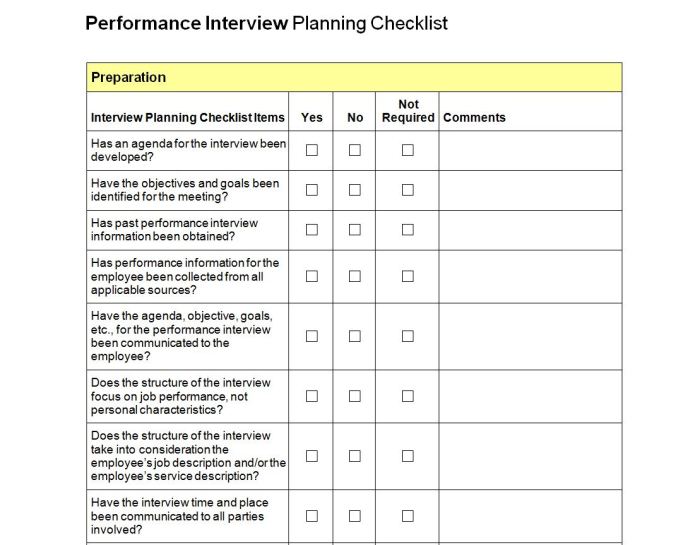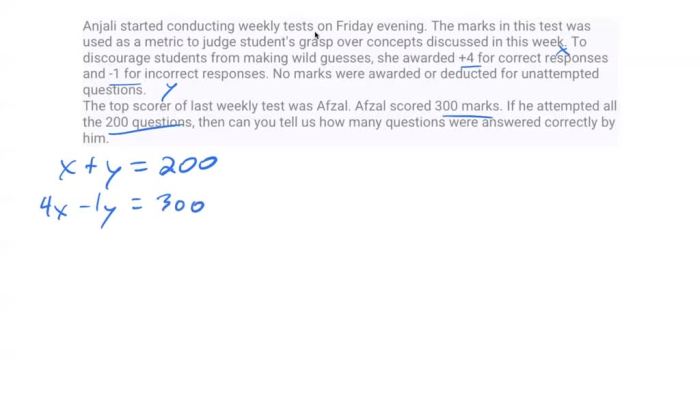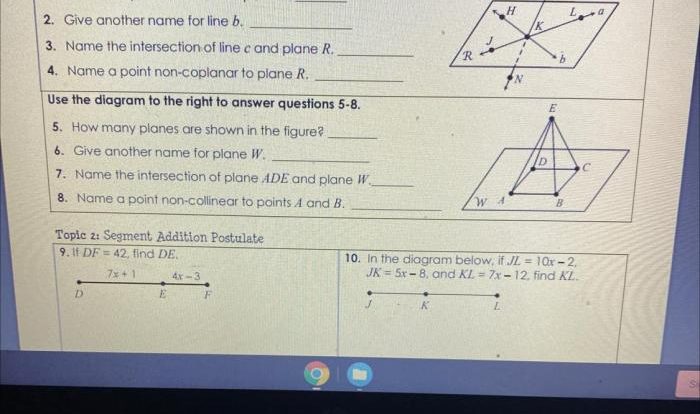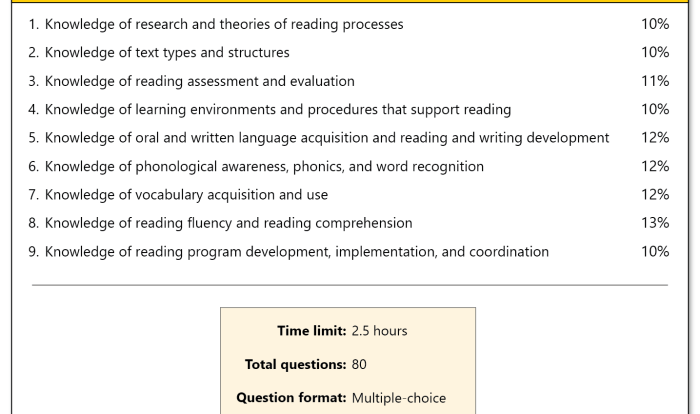Anjali started conducting weekly test – Anjali’s introduction of weekly tests has revolutionized the classroom experience, fostering a dynamic and engaging learning environment. By providing timely feedback, assessing student understanding, and promoting effective study habits, these tests have proven instrumental in boosting academic progress and igniting student motivation.
Weekly tests have emerged as a cornerstone of Anjali’s teaching methodology, transforming the traditional classroom into a vibrant hub of academic growth and intellectual curiosity.
Impact on Student Performance

Weekly tests are a valuable tool for improving student performance. They provide students with regular feedback on their progress and help them identify areas where they need additional support.
Research has shown that students who take weekly tests score higher on standardized tests and have better overall academic progress than students who do not take weekly tests.
Improved Study Habits
Weekly tests encourage students to study regularly and to stay on top of their coursework. Knowing that they will be tested on the material each week motivates students to review the material more frequently.
Early Intervention
Weekly tests allow teachers to identify students who are struggling early on. This allows teachers to provide additional support to these students before they fall behind.
Increased Confidence
Taking weekly tests can help students build confidence in their academic abilities. When students see that they are doing well on weekly tests, they are more likely to believe that they can succeed in their classes.
Assessment of Student Understanding: Anjali Started Conducting Weekly Test
Weekly tests serve as valuable tools for assessing students’ comprehension of the taught material. By providing regular opportunities for evaluation, teachers can gain insights into students’ understanding, identify areas requiring additional support, and tailor instruction accordingly.
Various types of assessments can be incorporated into weekly tests to comprehensively evaluate student learning. These may include:
Objective Questions
- Multiple-choice questions test students’ knowledge and ability to discriminate between correct and incorrect answers.
- True/false questions assess students’ understanding of concepts and their ability to identify accurate statements.
- Fill-in-the-blank questions require students to recall specific information and demonstrate their understanding of key terms and concepts.
Subjective Questions
- Short answer questions allow students to provide brief explanations or answers, demonstrating their understanding of concepts and their ability to organize and express their thoughts.
- Essay questions assess students’ ability to synthesize information, develop arguments, and communicate their understanding in a structured and coherent manner.
Performance-Based Assessments
- Problem-solving tasks require students to apply their knowledge and skills to solve real-world problems, demonstrating their critical thinking and problem-solving abilities.
- Projects allow students to engage in extended learning experiences, showcasing their research, analysis, and communication skills.
Feedback and Improvement

Weekly tests provide students with timely feedback on their learning. The results of these tests can help students identify areas where they need to improve, and they can also help teachers track student progress over time.
For example, if a student does poorly on a weekly test, the teacher can use the results of the test to identify the specific areas where the student is struggling. The teacher can then provide the student with additional support in these areas, such as extra tutoring or review materials.
Using Test Results to Identify Areas for Improvement
Teachers can use the results of weekly tests to identify areas for improvement in a number of ways. One way is to look at the overall scores of the students. If the majority of students are doing poorly on a particular test, this may indicate that the teacher needs to review the material that was covered on the test and make sure that the students understand it.Another
way to use the results of weekly tests to identify areas for improvement is to look at the individual scores of the students. If a particular student is doing poorly on a particular test, this may indicate that the student needs additional support in that area.
The teacher can then provide the student with additional support, such as extra tutoring or review materials.
Motivation and Engagement

Weekly tests can significantly impact student motivation and engagement in the subject matter. Regular assessments provide students with immediate feedback on their progress, allowing them to identify areas where they need improvement and adjust their study strategies accordingly. This ongoing feedback loop can help maintain motivation and encourage students to actively engage with the material.
Additionally, weekly tests can foster a positive learning environment by creating a sense of accountability and encouraging students to take ownership of their learning. When students know they will be regularly assessed, they are more likely to prepare thoroughly and participate actively in class discussions and activities.
Strategies for Fostering Motivation and Engagement
- Provide clear and timely feedback:Feedback should be specific, constructive, and actionable. Students should understand what they did well and where they need to improve.
- Use a variety of assessment formats:Weekly tests can include multiple-choice questions, short answer questions, essays, or presentations. This variety helps keep students engaged and prevents them from becoming bored or overwhelmed.
- Celebrate student success:Acknowledge and reward students for their effort and improvement. This can help build confidence and encourage them to continue striving for excellence.
- Create a positive classroom environment:Students are more likely to be motivated and engaged when they feel respected, supported, and challenged.
Time Management and Study Habits
Weekly tests are a valuable tool for helping students develop effective time management and study habits. By requiring students to regularly review and assess their understanding of the material, weekly tests help them to identify areas where they need to focus their attention and to allocate their study time accordingly.
In addition, weekly tests can help students to develop a regular study schedule and to learn how to break down large tasks into smaller, more manageable ones.
Tips for Teachers
- Design weekly tests that are challenging but achievable.Tests that are too easy will not provide students with sufficient incentive to study, while tests that are too difficult will discourage them and make them less likely to put in the effort to learn the material.
- Provide students with clear and concise instructions for each test.This will help them to understand what is expected of them and to avoid wasting time on unnecessary tasks.
- Give students ample time to complete each test.This will help them to avoid feeling rushed and to focus on the quality of their work.
- Provide students with feedback on their performance.This will help them to identify their strengths and weaknesses and to make adjustments to their study habits accordingly.
Communication with Parents

Weekly tests play a vital role in fostering communication between teachers and parents. They provide a structured framework for teachers to assess students’ progress and share this information with parents in a timely and organized manner.
Test results can be used to inform parents about their child’s academic strengths and areas for improvement. By reviewing the test results, parents can gain insights into their child’s understanding of specific concepts, identify areas where additional support may be needed, and celebrate their child’s successes.
Sharing Test Results, Anjali started conducting weekly test
There are several effective ways to share test results with parents. One common approach is through online platforms or learning management systems (LMSs) that allow teachers to upload test results and provide feedback to parents directly.
Another method is through email, where teachers can send parents a summary of their child’s performance along with specific comments on their strengths and areas for growth.
In addition, some teachers opt for face-to-face meetings with parents to discuss test results in more detail and provide personalized guidance.
Helpful Answers
What are the primary objectives of Anjali’s weekly tests?
Anjali’s weekly tests serve a multifaceted purpose, including assessing student understanding, providing timely feedback, and fostering effective study habits.
How do weekly tests contribute to improved student performance?
Weekly tests provide students with regular opportunities to practice and reinforce concepts, leading to enhanced comprehension and retention of material.
What types of assessments are typically incorporated into Anjali’s weekly tests?
Anjali’s weekly tests may include a variety of assessment formats, such as multiple-choice questions, short answer responses, and problem-solving exercises.


